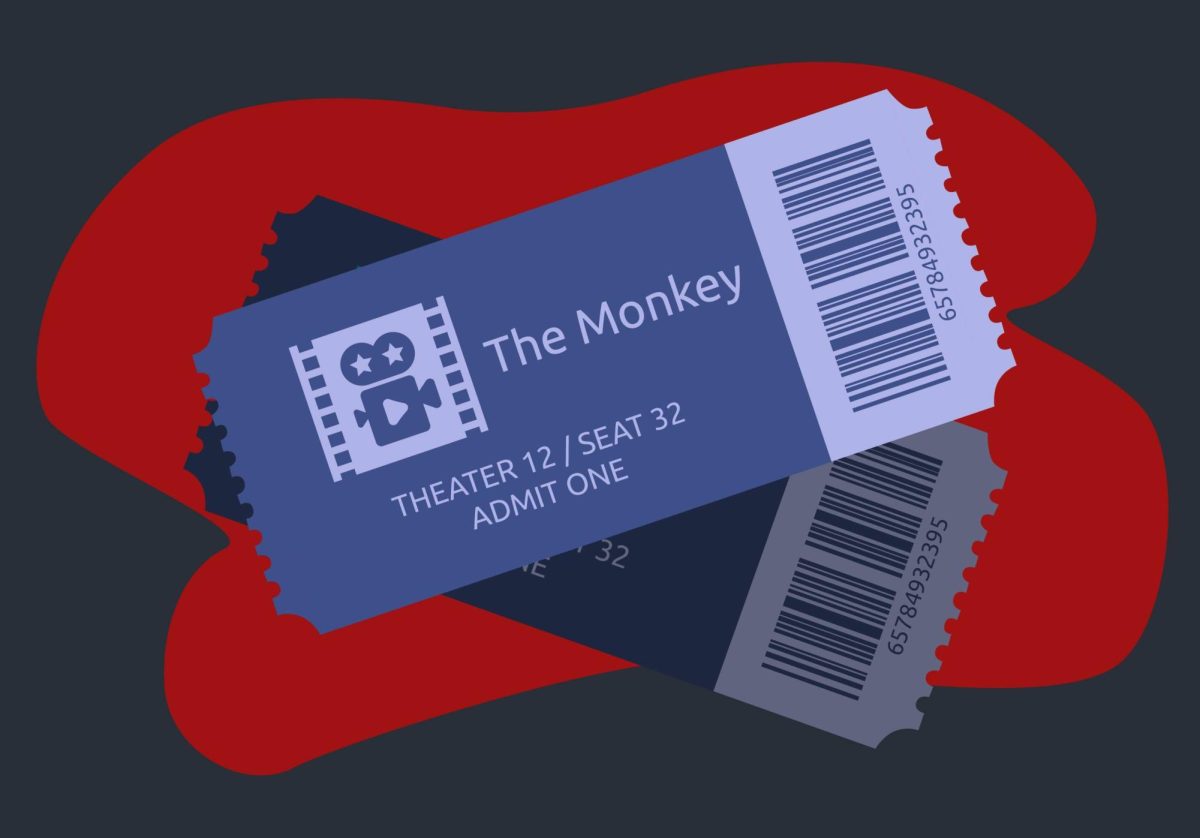Conor Oberst, the only constant member of the band Bright Eyes, has slowly opened up to the world.
Moving from his hometown of Omaha, Neb., to New York, from college radio charts to Billboard charts, from the 400 Bar to the Xcel Energy Center, Oberst is no longer a secret.
But it’s not just Oberst’s popularity that has let more people in. Critics of Bright Eyes complain of Oberst’s Robert Smith-style, choked-up cry and his songs of doomed depression and problematic love. After a while, the “no one understands me” mentality of Bright Eyes seems like a parody of bad high school goth poetry.
The new songs Oberst unleashed Saturday at the State Theater remained seeded in endless sadness and pitiless girls; yet, every once in a while, Oberst would sprinkle in dashes of anti-war sentiment between loopy slide guitar lines.
With two new albums set to be released Tuesday, Oberst focused on material from “I’m Wide Awake, It’s Morning” – the album that focuses on classic country twang. His tour for the second album, “Digital Ash in Digital Urn,” (rumored to be baked by The Faint) should be even angrier and more politically charged. The highlight of the show was Oberst’s searing jabs at the president.
A song that contained verses that opened with “When the president talks to God” included accusations that the Bush administration “rapes our women’s rights” and asks if the president can “ever smell his own bullshit.” It’s proof Oberst can be a powerful songwriter, even when he’s not talking about himself.
Though Oberst is in the spotlight right now, he used the opportunity to drag other artists up with him. Tilly and the Wall (whose album was released on Oberst’s Team Love label) wooed the audience with gleeful soft pop (even when singing “I wanna f– it up”). But mostly, the group captured attention with its unconventional percussion – the band’s main rhythm is provided by a female tap dancer. It’s gimmicky and kitschy, but the rat-a-tat beat from clicking heels gives Tilly and the Wall a distinctive bounce in its pop.
Squeezed in the middle slot, the sister duo CocoRosie creeped some attendees out with its mix of opera and scratchy Billie Holiday vocals. But the sisters’ strange voices were balanced by a beat-boxer, who at one point came out of the shadows, to everyone’s surprise, and began rapping in French.
Oberst’s personal selection of opening acts and his vocal opposition to the war show that he sees, in his moment of popularity, something much larger than himself.







